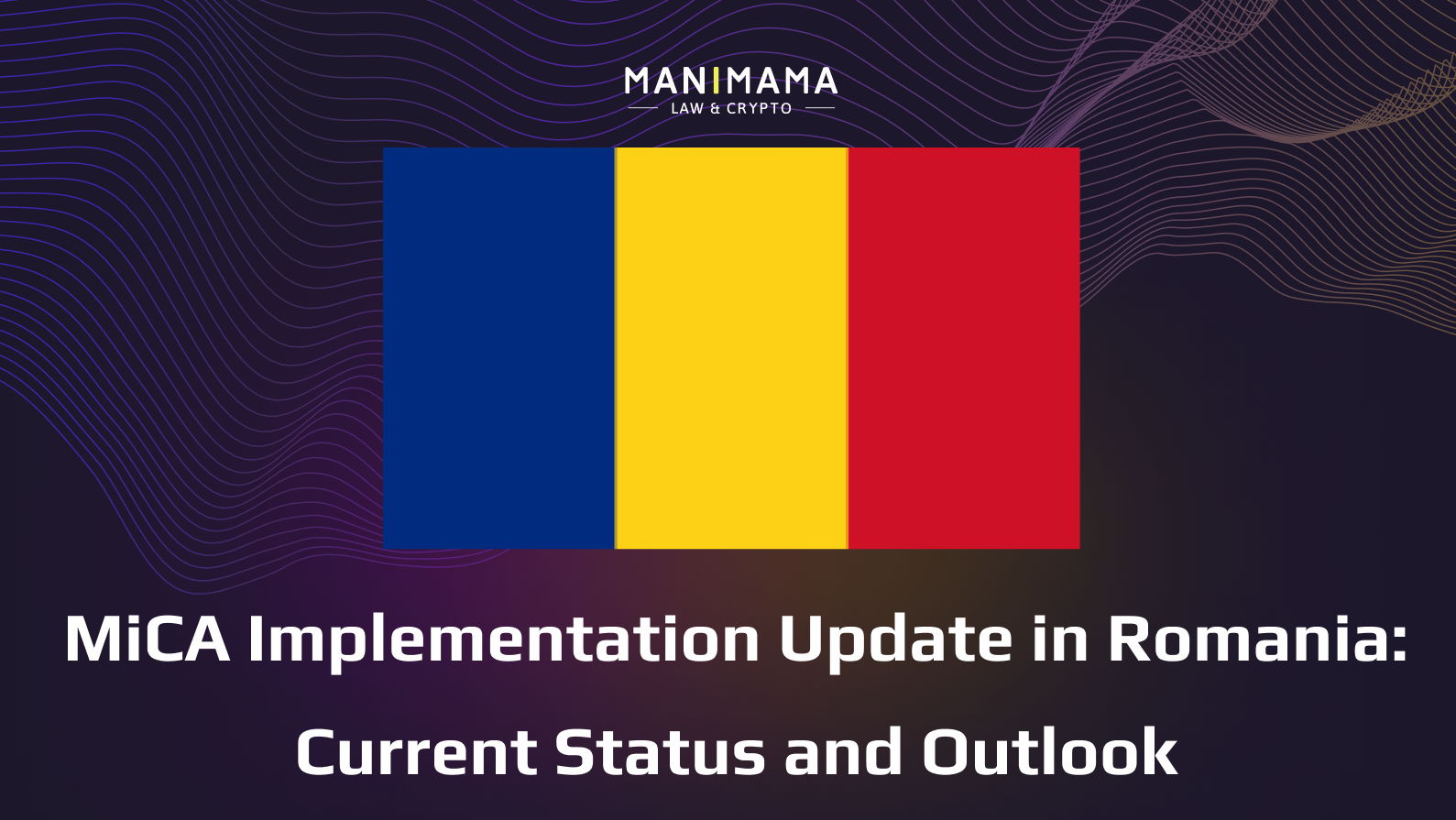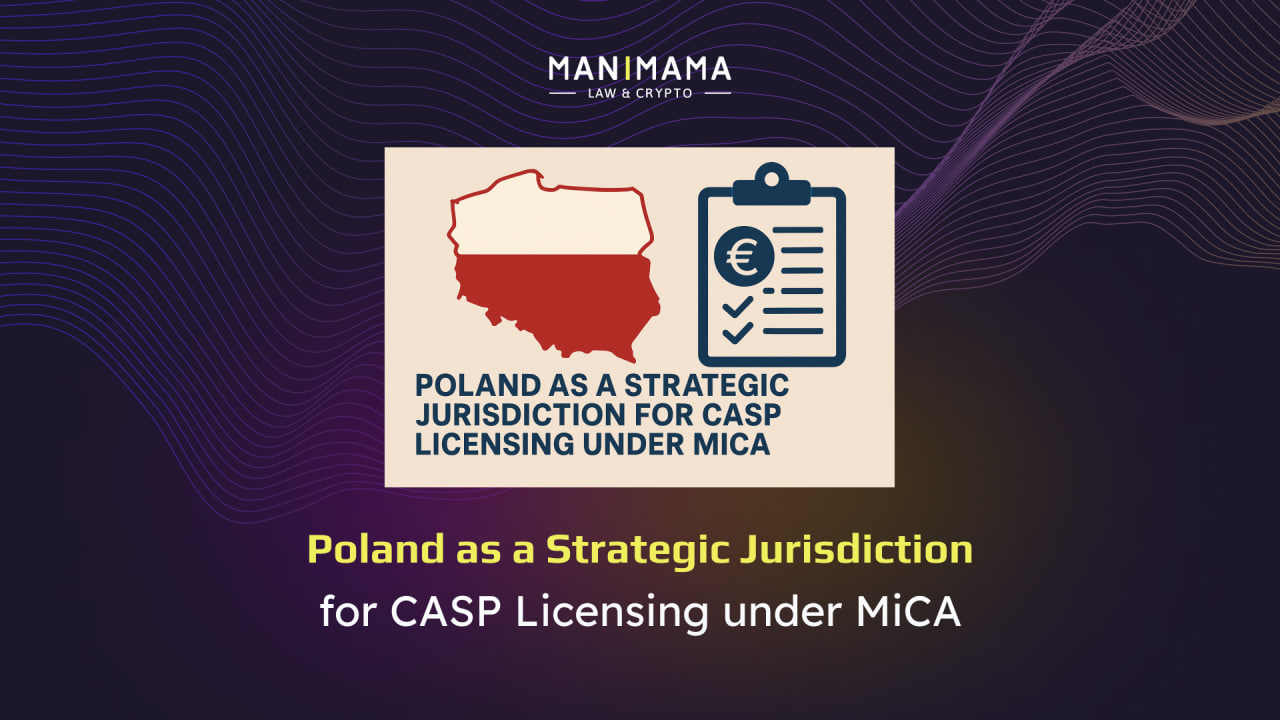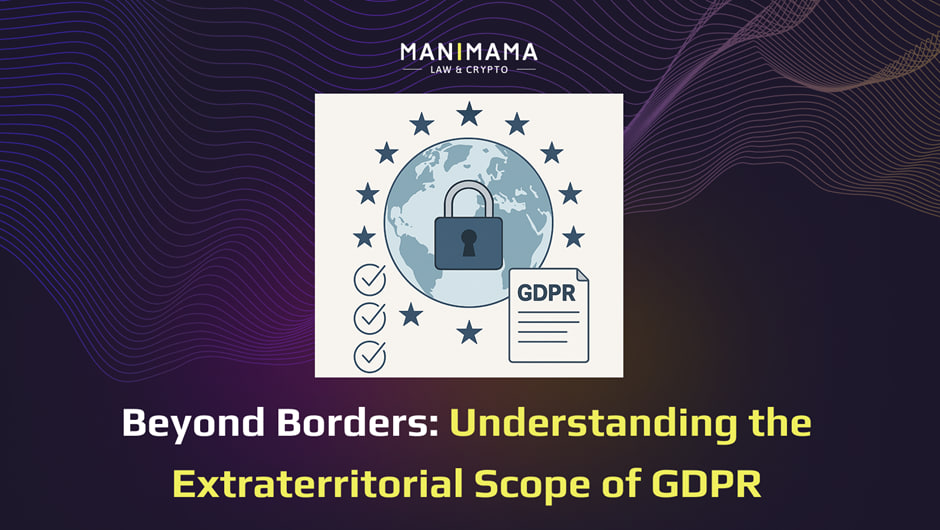In recent months, clients have been raising questions about the current state of the Regulation (EU) 2023/1114 of the European Parliament and of the Council of 31 May 2023 (“MiCA”) implementation in Romania. To better understand the situation, we conducted a review, and here’s what we found.
MiCA Implementation Update in Romania: Current Status and Outlook
January / 23 / 2025
|
15 m. to read


As a European Union member, Romania is required to implement EU regulations concerning digital assets, with MiCA being one of the most crucial legal frameworks. MiCA aims to ensure a coherent regulatory approach for crypto-assets across all EU member states, addressing investor protection, market integrity, and financial stability in the rapidly evolving digital asset market.
Article 143(3) of the MiCA regulation provides a significant transition mechanism for entities offering crypto-asset services under national laws before December 30, 2024. These entities are allowed to continue their operations until July 1, 2026, or until they either obtain MiCA authorization or face a rejection for the same.
While member states had, until June 2024, the option to limit this transitional period if their national frameworks were less stringent than MiCA, Romania did not indicate any intent to do so, at least not publicly.
As of December 30, 2024, Romania had no specific regulations governing crypto-asset services. This left a gap in the legal framework that would need to be addressed to align with MiCA standards.
Draft Law implementing MiCA
On February 22, 2024 a draft government decision was published by the Ministry of Finance. This draft (HOTĂRÂRE pentru aprobarea procedurii de autorizare și/sau de înregistrare a furnizorilor de servicii de schimb între monede virtuale și monede fiduciare și a furnizorilor de portofele digitale) (“Draft”,) outlined the procedure for the authorization and/or registration of virtual currency exchange service providers and digital wallet providers.
This Draft specified that all Crypto-Asset Service Providers (“CASPs”) in Romania must meet the requirements laid out in MiCA, which includes:
- obtaining technical endorsement from the Authority for the Digitalisation of Romania for the digital platforms they use;
- operating under the CAEN code 6499 (Other financial intermediation), which classifies activities related to financial services and crypto-related businesses;
- the management must possess the necessary expertise, specifically in terms of Romania’s anti-money laundering (“AML”) and counter-terrorism financing (“CTF”) laws. Additionally, they must uphold good professional and moral reputations.
CASPs already operating in Romania before MiCA’s full implementation would have 12 months to secure authorization from the Foreign Exchange Licensing Commission of the Ministry of Finance.
But the Draft left questions about the transition period – these aspects weren`t stated.
What is known about the implementation of MiCA in Romania now?
ORDONANŢĂ DE URGENŢĂ privind modificarea și completarea Legii nr. 129/2019 pentru prevenirea şi combaterea spălării banilor şi finanțării erorismului, precum și pentru modificarea și completarea unor acte normative (“Ordinance”) provisions has already entered into force on 30 December 2024. The Ordinance updates existing definitions, replacing the outdated concept of “virtual currencies” with the modern terminology of “crypto-assets” and “CASPs”, fully aligning with the provisions of MiCA.
Furthermore, the Ordinance establishes the obligation for CASPs to apply, in addition to the standard know-your-customer (“KYC”) measures, the following measures before establishing a business relationship:
- determining whether the respondent entity is licensed or registered;
- collecting sufficient information about the respondent entity to fully understand the nature of the respondent entity’s business and to determine from publicly available information the reputation of the entity and the quality of supervision;
- assessing the AML/CFT measures implemented by the respondent entity;
- obtaining senior management approval prior to establishing each new correspondent relationship;
- documenting the responsibilities of each party to the correspondent relationship;
- in the case of directly accessible crypto-asset accounts, ensure that the respondent entity has verified the identity of the customers who have direct access to the correspondent entity’s accounts and has implemented KYC measures for those customers on an ongoing basis and is able to provide relevant KYC data to the correspondent entity upon request.
Additionally, under the Ordinance, CASPs fall under the supervision of the Financial Supervisory Authority and the National Bank of Romania with regard to compliance with the regulations set forth in the law on preventing and combating money laundering and terrorist financing (Law №129/2029). Another innovative provision of the Ordinance is the requirement for CASPs authorized in other Member States to establish a single point of contact on Romanian territory.
Transition period. An essential change targeted by the Ordinance, is the repeal of Article 301 of Law № 129/2019, which is one of the key pillars in the regulation of CASP in Romania. This article, although not yet fully implemented, establishes a complex procedure for the authorization of CASP, such as those facilitating the exchange between virtual currencies and fiat currencies or those offering digital wallets.
“Fully implemented” refers to the fact that, provisions are embedded in the law, the necessary procedures for the effective execution of these provisions have not yet been finalized or adopted. Specifically, Article 301 of Law № 129/2019 stipulates that the authorization and registration of CASP should be undertaken by a specialized commission within the Ministry of Finance, in collaboration with the Authority for the Digitalization of Romania and other relevant authorities. However, for this process to be operational, a Government Decision outlining the authorization procedure and the issuance of technical approvals was required, which has not yet occurred.
The Ordinance completely repealed this article, which implicitly leads to the elimination of the authorization and registration obligations for resident CASPs, without introducing an alternative regulatory/authorization mechanism.
As local lawyers said, such updates created a significant legislative vacuum, leaving the regulation of CASPs in a state of uncertainty and ambiguity. This situation not only complicates the supervision and control of the sector but contradicts AML legislation, which imposes strict compliance and monitoring standards to prevent the use of crypto-assets in illicit activities.
The new regulations have entered into force on December 30, 2024, thus aligning with the deadline imposed on Romania for the transposition of the aforementioned relevant European regulations.
The Ordinance stipulates that the obligations regarding the establishment of a single point of contact for CASPs authorized in other Member States will come into force 30 days after the main deadline, i.e., at the end of January 2025.
So, the Ordinance established that the Commission for the Authorisation of Foreign Exchange Activity (existing under the Ministry of Finance) and the Authority for the Digitalisation of Romania no longer be involved in the authorisation process for CASPs.
The Romanian authorisation process is still being drafted by the national authorities to mirror MiCA’s provisions.
Our contacts
If you want to become our client or partner, feel free to contact us at support@manimama.eu.
Or use our telegram @ManimamaBot and we will respond to your inquiry.
We also invite you to visit our website: https://manimama.eu/.
Join our Telegram to receive news in a convenient way: Manimama Legal Channel.
Manimama Law Firm provides a gateway for the companies operating as the virtual asset wallet and exchange providers allowing to enter to the markets legally. We are ready to offer an appropriate support in obtaining a license with lower founding and operating costs. We offer KYC/AML launch, support in risk assessment, legal services, legal opinions, advice on general data protection provisions, contracts and all necessary legal and business tools to start business of virtual asset service provider.
The content of this article is intended to provide a general guide to the subject matter, not to be considered as a legal consultation.
Other news

Poland as a Strategic Jurisdiction for CASP Licensing under MiCA
April / 23 / 2025
|
15 m. to read
Go To New



Cross-Border Data Transfers Under the GDPR: How to Stay Compliant When Working with International Partners
April / 22 / 2025
|
15 m. to read
Go To New



Сompany registration in the Ghana: Legal aspects and advice
April / 18 / 2025
|
15 m. to read
Go To New



Сompany registration in the Gambia: Legal aspects and advice
April / 18 / 2025
|
15 m. to read
Go To New



Beyond Borders: Understanding the Extraterritorial Scope of GDPR
April / 17 / 2025
|
15 m. to read
Go To New





Ready to start working with us? Fill out the form.
Share your vision. We'll create a legal framework tailored to bring it to life
Tokenization
Tokenization
Licensing
Incorporation
MiCA
